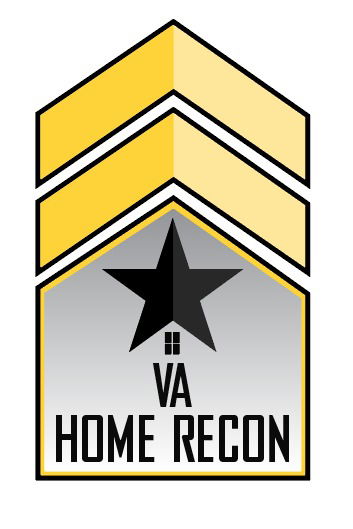Non-Allowable Fees on VA Home Loans

Closing costs are always part of the mortgage equation. But one of the big benefits of VA loans is that they limit what veterans and military members can pay in closing costs. In fact, VA buyers are barred from paying some costs and fees in certain cases. Part of it depends on what approach the mortgage lender is taking.
Generally, in any VA transaction the veteran borrower can pay: Reasonable discount points to lower the interest rate, plus reasonable amounts for itemized fees and charges allowed by the VA, and a flat 1 percent fee charged by the lender.
The 1 Percent Fee
This flat 1 percent fee is designed to cover the lender’s costs associated with originating, processing and underwriting the loan. If the lender is charging the 1 percent fee, they are not allowed to tack on additional charges for things the VA basically considers overhead.
If your lender is charging the flat fee, there’s a host of things you cannot pay for, including:
•Loan application or processing fees
•Interest rate lock-in fees
•Document preparation fees
•Lender appraisals
•Postage costs
•Escrow or notary fees
•Tax service fees
•Loan closing or settlement fees
•And more
The lender has to cover these costs out of that flat 1 percent charge. While using this flat fee is common, lenders can also choose to take a more piecemeal approach. And if they do that, VA buyers can wind up paying costs and fees that would otherwise be unallowable.
For example, on a $200,000 loan, a lender could charge a $1,500 origination fee and then charge another $500 in unallowable fees, like a loan application fee or a document preparation fee.
But there’s one important catch for lenders with this piecemeal approach: The total of all those individual charges still can’t exceed 1 percent of the loan amount. So, in our example, the most the lender can charge is $2,000 -- whether it comes from the flat charge or a pick-and-choose approach is up to them.
For VA buyers, the bottom line is this: Lenders can’t charge you more than 1 percent to cover their loan origination and processing costs.
Itemized Fees & Charges
In addition to the potential costs and fees above, VA buyers can pay reasonable amounts for certain itemized fees and charges, such as Recording Fees, VA Appraisal, etc. These are third-party charges, meaning lenders don’t have control over the amount. In some cases, like with homeowners insurance and title insurance, you may be able to shop around for the best deal among multiple providers.
Non-Allowable Fees
Last, let’s take a look at some costs and fees that are truly non-allowable, meaning VA buyers can’t pay them regardless of whether the lender is charging the flat 1 percent fee.
These truly non-allowable fees include:
•Attorney fees charged by the lender
•Mortgage brokerage fees or broker commissions
•Real estate broker or agent commissions or fees
•Fees for appraisals requested by the lender or seller for a Reconsideration of Value
•Fees for appraisals requested by anyone other than the veteran or seller
•Fees for a flood zone determination by the lender or appraiser
Again, these are costs and fees that a VA buyer cannot pay. But that doesn’t automatically mean the home seller has to pay these costs. Any of the other parties to the loan -- like the lender or a real estate agent -- can cover these expenses.
When it comes to closing costs, every buyer’s situation is different. VA buyers can negotiate with the home seller to cover some or all of their closing costs.




